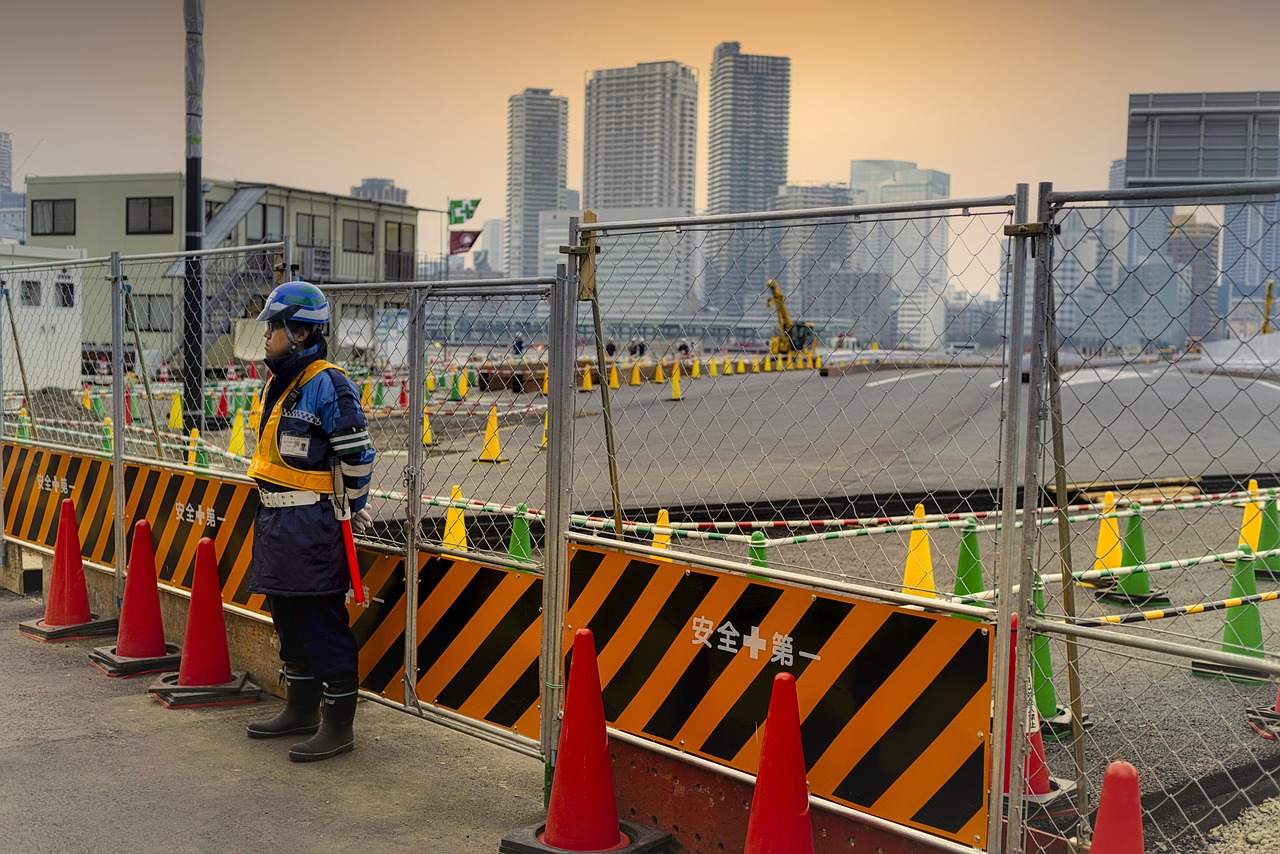Lean Manufacturing is a production philosophy that seeks to eliminate waste in all processes, maximizing value for the customer. The central objective is to deliver products and services of the highest quality, on time and with the minimum of resources. This philosophy was developed in Japan in 1950, on the shop floor of Toyota, by its most notorious director, Taiichi Ohno (1912 - 1990).
The fundamental principles of Lean Manufacturing are to define what the customer really values in a product or service; to create a continuous flow of production, eliminating interruptions and delays; to produce only what is necessary, based on customer demand; and to seek continuous improvement in all processes. The most recurrent terms within Lean Manufacturing are:
Chaku-Chaku
Driving the flow of a single part in a cell where the machines unload the parts automatically, so that the operator can take a part directly from one machine to another, without stopping to unload.
Gemba
Term understood as "real place", usually used for the shop floor or any place where the work that creates value takes place.
Heijunka
Leveling the type and quantity of production over a fixed period of time. This allows production to efficiently meet customer requirements while avoiding overstocking.
Hoshin Kanri
This practice unifies and aligns resources and clearly establishes the difference between goals that are measurable and measurements that are made regularly of the progress made towards the main objectives.
Jidoka
It gives machines and operators the ability to detect when an abnormal condition occurs and stop work immediately. This enables operations to build product quality at every stage of the process and separates men from machines for more efficient work.
Jishuken
A term that means self-learning. It's when you literally learn by putting your "hand in the dough".
Kaikaku
Radical and revolutionary improvement of a value stream in order to quickly create more value with less waste.
Kaizen
It refers to the small improvement of an activity to create greater value with less waste. The aim of a Kaizen event is to focus on improving a specific process.
Kanban
The kanban is a signaling device, like a board, which authorizes and gives instructions for the production or withdrawal of items in the production process.
Muda
Any activity that consumes resources without creating value for the customer. The term means waste.
Mura
Lack of regularity in an operation, such as ups and downs, causing workers to have intense peaks of work and then moments of waiting.
Muri
Overloading of equipment or operators, requiring them to operate at a more intense or accelerated pace, using more force or effort, for a longer period of time than they can bear.
Poka-Yoke
An error-proof device or procedure that prevents a defect from being carried over to the next operation or process.



